Gentle parenting has made the rounds in parenting advice articles and news stories over the past ten years. This way of parenting offers many benefits. However, many misconceptions about gentle parenting detract from its appeal.
What is gentle parenting and how can you decide if it's right for your family? Read on to learn more about this sometimes controversial topic.
Gentle Parenting Definition
Gentle parenting is a style of parenting that focuses on respect. Rather than the parent exerting their authority, gentle parenting takes the child's feelings into account. Parents try to remain calm while disciplining, managing tantrums, and more. The goal is to teach children to manage their emotions and help them grow into happy, responsible adults.
Rather than aiming to achieve good behavior, this approach prioritizes respect and long-term outcomes. This parenting philosophy also focuses on the parent-child relationship.
Similar to authoritative parenting, gentle parenting focuses on a warm parent-child relationship. At the same time, parents also set boundaries and enforce rules. However, gentle parenting discipline places less emphasis on punishment and tries to help children learn.
The Origin of Gentle Parenting
Although the concepts behind gentle parenting have been around for hundreds of years, the phrase was coined by Sarah Ockwell Smith. Author and mother of four, Smith has written 15 books and authored countless articles. Her fourth book, The Gentle Parenting Book was published in 2016, creating a new parenting movement.
Some experts say that the ideas behind this parenting philosophy come from indigenous cultures. Other early childhood educators also had similar ideas decades ago. Maria Montessori offered similar views on adult interactions with children. Another other early promoter of respecting children was Friedrich Froebel.
Authoritative parenting also follows many of the same ideas. This parenting style encourages parents to form a close parent child bond while also holding firm limits. Also, authoritative parenting creates space for hearing children's opinions and feelings.
Gentle Parenting Discipline Tips
On her website, Sarah Ockwell Smith explains that an important part of gentle parenting is setting healthy boundaries. She writes, "Gentle Parenting is not permissive parenting. Children do not always ‘get their own way’, parents do not say ‘yes’ all of the time, scared of the upset if they say ‘no’."
What does discipline look like in practice?
Here are some tips and examples of how it works:
Modeling Respect Builds Respect
Have you ever had someone ask you for something in a disrespectful way? Sometimes even subtle cases of disrespect can cause anger. Perhaps a colleague promised that you'd help on a project without your knowledge. This can be very upsetting.
The same is true for children. When you practice gentle parenting, treating children with respect is the goal. So, instead of ordering your child around and telling them, "Clean your room, or else!", you might try a different approach. Even a simple, "Please clean your room today," is a change in tone that fosters respect.
Adults have an easier time respecting those who respect them. The same is true for children. When you earn your child's respect and show that you value their opinion and experiences, they will also begin to show you respect.

Time In Instead of Time Out
Children crave attention from their parents. When children act out, it's often a sign they need more time close to their parent. This can be as simple as involving your child in family life, such as cooking dinner together.
Parents also make an effort to regularly connect with their children. For example, parents might read their children a bedtime story, play together, or snuggle. These moments of closeness can help create strong trust, making it easier to navigate the more difficult moments.
Boundaries Are Firm, Yet Open to Discussion
Children's needs change over time. One example is screen time. Younger children may enjoy watching videos, meaning you can put a time limit on how long they watch.
Older children may play video games, making it frustrating to stop in the middle of an important play. Parents can discuss creating new rules around screen time that allow the child to stop at an appropriate moment during the game. That way, the parent listens to the child while still holding boundaries around screen time.
Parents Focus on Intrinsic Motivation
Star charts and rewards are popular among many parents. However, the gentle parenting approach encourages a focus on intrinsic motivation. This means that children have an inner desire to do things well.
For example, parents may encourage children to clean up their bedrooms by focusing on the benefits. Parents can say "The room will be organized and ready to use after cleaning." Or, "No one will step on the toys and break them after we put them away."
Similarly, there are no punishments either. Instead of yelling or taking away privileges, parents may rely on consequences that relate directly to the action. For example, your child doesn't want to clean up the toys. So, you offer the choice of either cleaning them up or you'll put them away (unavailable) for a day or two.
3 Misconceptions of Gentle Parenting
As with any parenting philosophy, people follow it with varying degrees of adherence. This leads to many misconceptions or myths.
1. Gentle Parenting is Permissive
Myth: Many people believe that gentle parenting means permissive parenting. They view parents having conversations with their children as letting them "get away with whatever they want." Or, people believe that gentle parenting involves no discipline.
Reality: True gentle parenting involves discipline and boundaries. Parents hold their children responsible and ensure they follow family rules. However, instead of punishment, parents simply hold boundaries or enforce natural consequences.
For example, if a child doesn't want to put a coat on, they may allow them to feel that it's very cold outside. Or the parents may provide the child with the choice of putting the coat on themselves, or the parent will help them put it on.
2. Gentle Parenting Is "New"
Myth: This is a new type of parenting. No one had tried this parenting philosophy before Smith wrote about it.
Reality: People have been practicing concepts similar to gentle parenting for decades or even centuries. The Montessori philosophy offers similar ideas on parenting. Authoritative parenting is another example.
3. Gentle Parenting Is Creating a Generation of Entitled Children
Myth: Parents who practice gentle parenting never say "no" to their children. This means that many children grow up not understanding limits. They are disrespectful and entitled.
Reality: Gentle parenting encourages many important conversations about respect and responsibility between parents and children. When people adhere to this parenting style, they also provide discipline and boundaries. This ensures that children grow into responsible, respectful adults who contribute to society.

Gentle Parenting Vs. Montessori Parenting: Do the Two Philosophies Align?
Many similarities exist between gentle parenting and the Montessori philosophy. Both emphasize respect and encourage adults to view children as complex humans with thoughts and feelings.
Similarly, both also recognize the unique needs of children based on their age and development. For example, Montessori encouraged mothers to keep their newborn close to them during the first few weeks. She referred to newborn life as the "fourth trimester." Smith also outlines the importance of meeting children's developmental needs on her website.
Smith describes gentle parenting as involving "understanding, empathy, and respect." Similarly, Montessori encouraged adults to respect children. Through this respect, both philosophies encourage adults to view the child's behavior with curiosity.
Montessori once said, "Respect all the reasonable forms of activity in which the child engages and try to understand them." In other words, instead of assuming a child is misbehaving, we should be curious.
What might the child be hoping to achieve? What are they feeling? How can we help them meet their needs in a safe and appropriate way?
Ultimately, Montessori parenting and gentle parenting offer a similar approach to childcare. If you'd like to learn more, try these parenting books or read our blog about Montessori parenting.
Is Gentle Parenting Right for You?
Everyone has their own unique parenting style. Gentle parenting offers parents the opportunity to build a close relationship with their child.
Plus, this method of parenting creates opportunities for growth and learning for your child. They'll learn empathy, respect, and responsibility. Is it the right choice for you? Let us know what you think in the comments below.
Sources




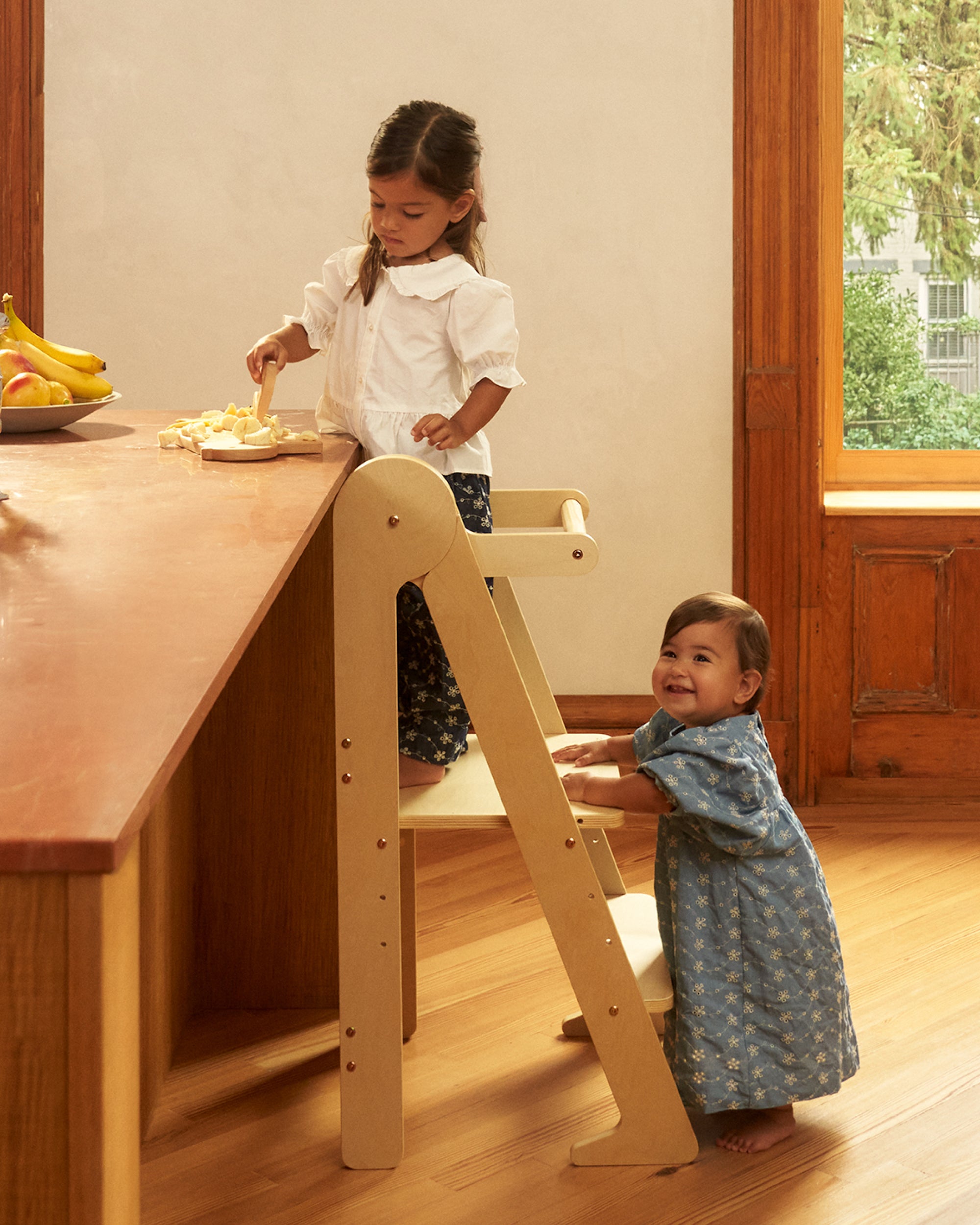
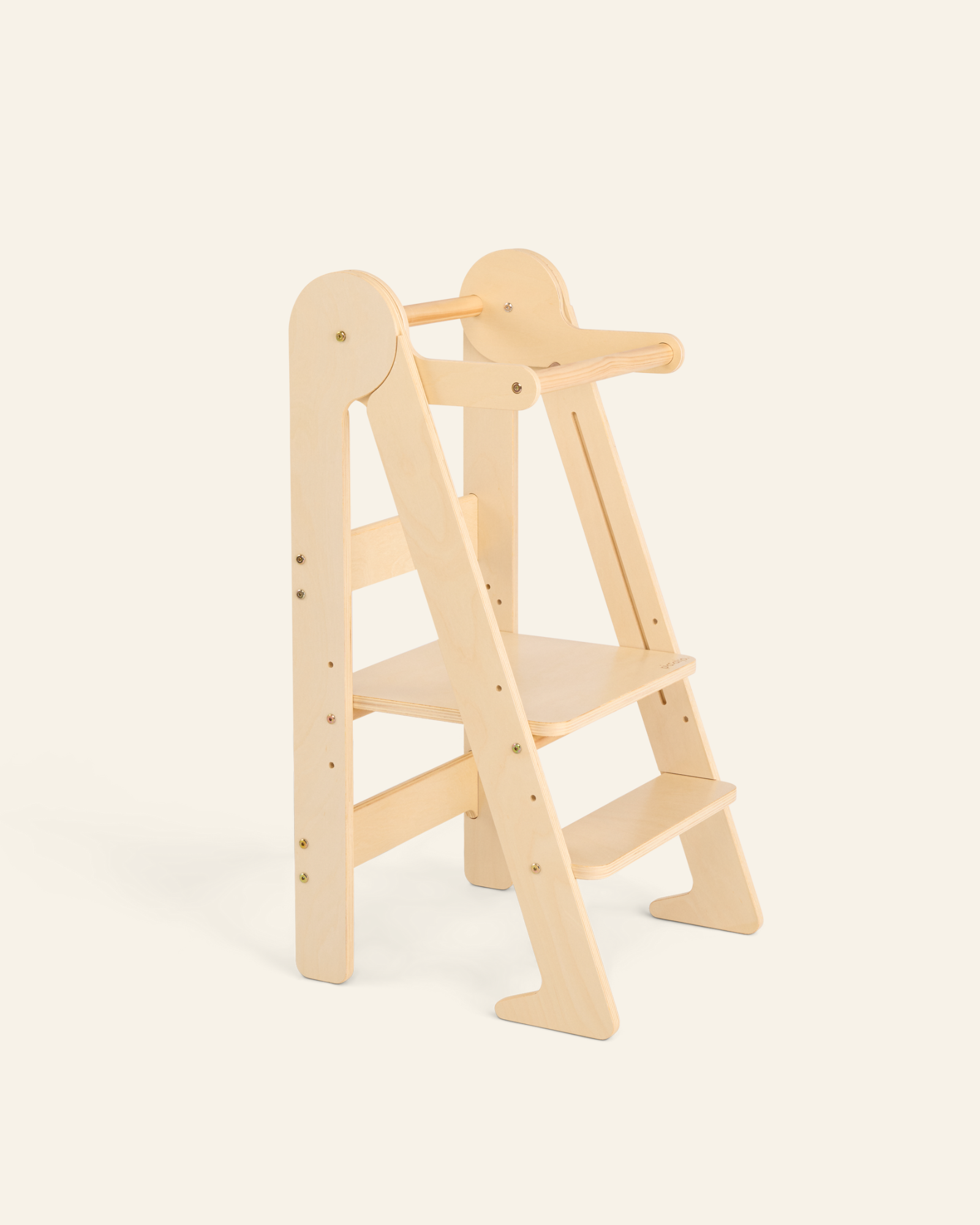


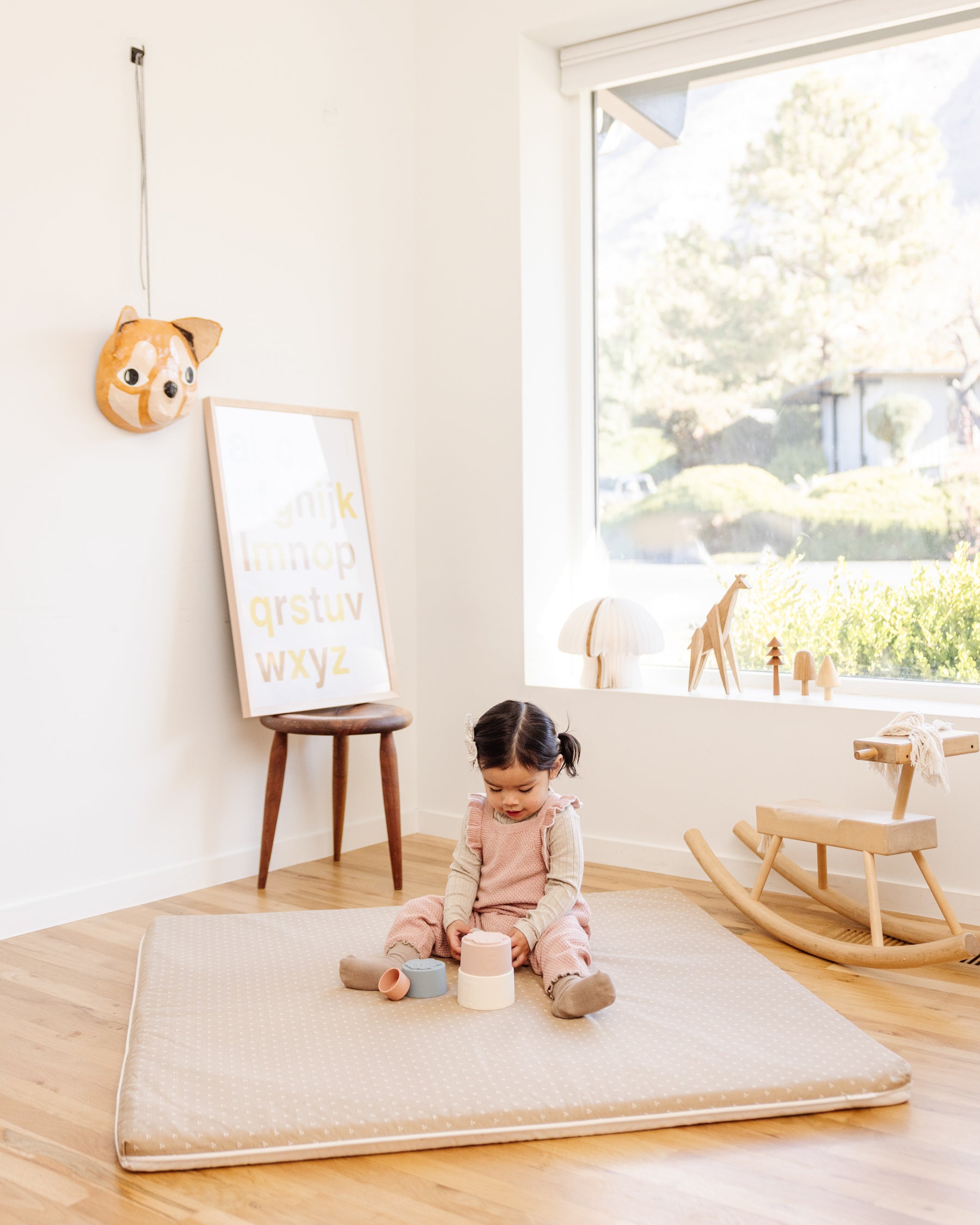





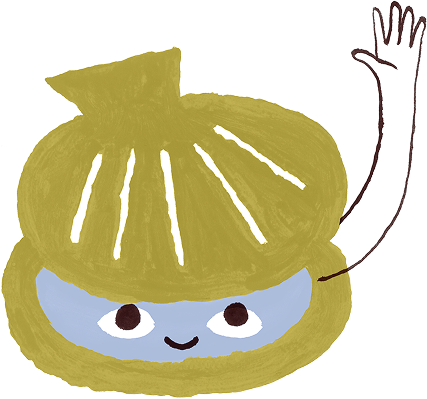
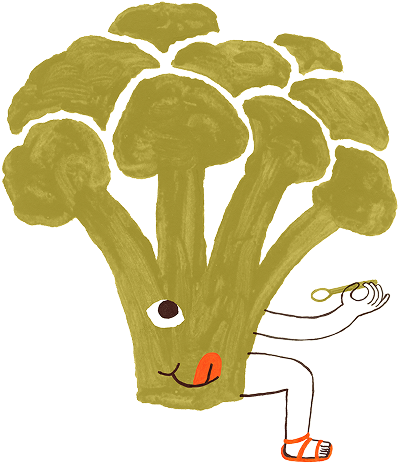
Leave a comment
This site is protected by hCaptcha and the hCaptcha Privacy Policy and Terms of Service apply.